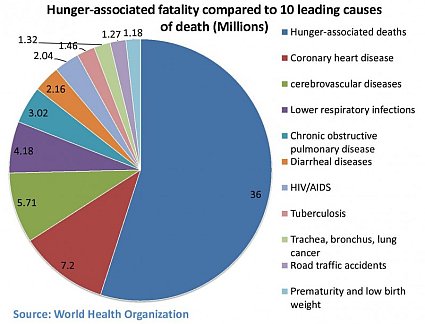On Oct. 4, Habitat for Humanity will join efforts around the world to mark World Habitat Day–a day the United Nations has set aside to call attention to the dire need for affordable, adequate housing. Liza Peiffer of Habitat for Humanity put together and informed me about a microsite with facts, videos, photos, banners and even a way to submit your own photo to the World Habitat Day Photo Wall:
Here are two interesting and frighetening facts posted on that website:
Every week, more than a million people are born in, or move to, cities in the developing world. As a result, the urban population of developing countries will double from 2 billion to 4 billion in the next 30 years. (Kissick, et al: 2006)
By the year 2030, an additional 3 billion people, about 40 percent of the world’s population, will need access to housing. This translates into a demand for 96,150 new affordable units every day and 4,000 every hour. (UN-HABITAT: 2005)
To put in my two cents, let us remember that the world has more than enough resources to provide more than adequate food, clothing, and shelter to everyone. In that sense the world is not overpopulated, but rather people are starving to death outside overstocked grocery stores and suffering homelessness next to usable, vacant houses and across the world from accessible unused lumber and other building materials and desperately unemployed construction workers. The problem is not as simplistic as a lack of houses or natural resources; that is not a problem we have. The problem is human action. It is up to us to take action to end poverty and make this world better for everyone.
